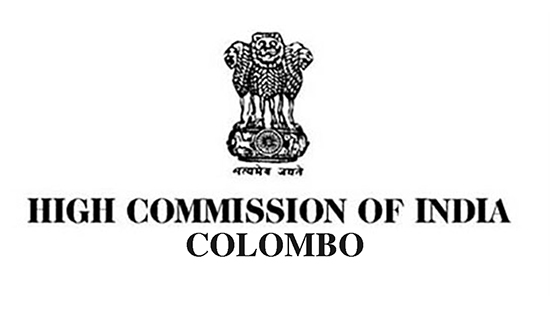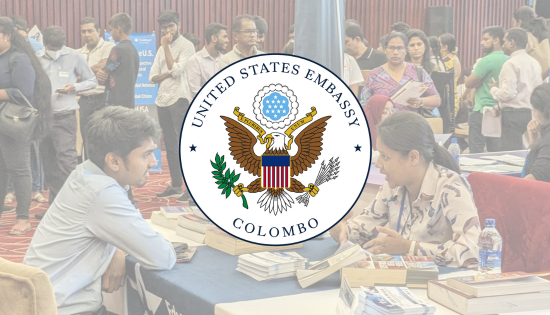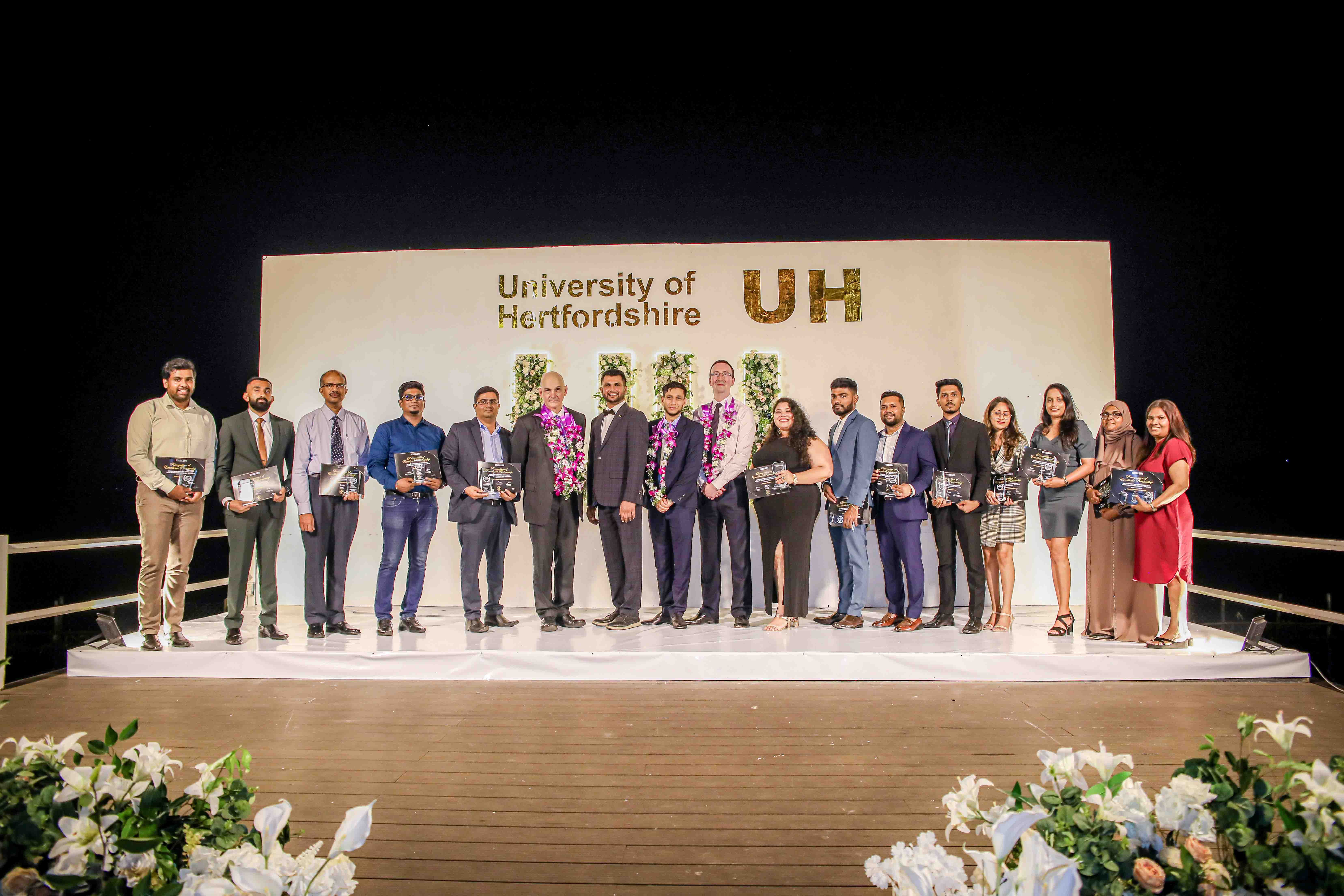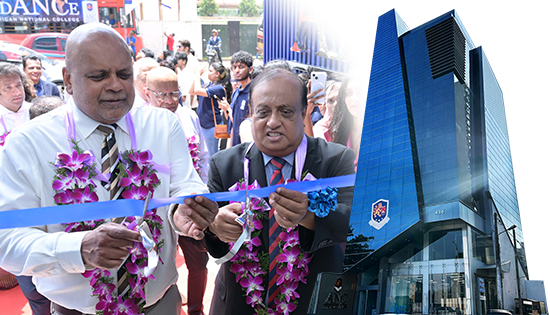5 Key Trends in Higher Education for Sri Lankan Students

As Sri Lanka’s higher education landscape evolves, it’s crucial for students, parents, and education seekers to stay abreast of emerging trends. In this article, we’ll delve into five pivotal trends shaping higher education in Sri Lanka, with a focus on enhancing career prospects and fostering inclusivity.
- Transitioning to Modern Learning:
Sri Lanka’s education journey has traversed ancient monastic centers to contemporary institutions. Today, higher education embraces modernity, leveraging technology and innovative teaching methods. For instance, hybrid learning combines traditional classroom instruction with online platforms, offering flexibility and personalized learning experiences.
Example: A student pursuing a degree in IT can access lectures online, collaborate with peers virtually, and engage in hands-on lab sessions on campus.
Challenges: Digital literacy remains a hurdle, with some students unfamiliar with online tools. Institutions must foster a culture of continuous learning to equip students with necessary skills and adapt to evolving educational trends.
- Skills in High Demand:
Employers increasingly seek candidates with a blend of technical expertise and soft skills like adaptability, creativity, and communication. To meet market demands, higher education institutions must integrate these skills into their curriculum, ensuring graduates are well-rounded and competitive in the workforce.
Example: An engineering student not only learns technical concepts but also participates in team projects, enhancing problem-solving and collaboration skills.
Challenges: Identifying and developing soft skills can be challenging, requiring innovative teaching methods and practical learning experiences to cultivate these attributes.
- Leveraging Internship Opportunities:
Internships provide invaluable hands-on experience and networking opportunities for students. Effective internship programs align with students’ career goals, set clear expectations, and offer mentorship and training for personal and professional growth.
Example: A business student internships at a leading company, gaining practical insights into operations, networking with professionals, and honing skills relevant to their field.
Challenges: Securing internships that provide meaningful learning experiences can be competitive, requiring students to actively seek opportunities and navigate application processes effectively.
- Promoting Knowledge Creation:
Higher education institutions play a vital role in advancing knowledge through research and collaboration. Research projects allow students to explore new ideas, develop critical thinking skills, and contribute to solving real-world problems.
Example: A biology student conducts research on local plant species, discovering new properties that could have applications in medicine or agriculture.
Challenges: Keeping pace with advancements in high-tech industries demands significant resources and expertise, posing challenges for institutions with limited funding or access to technology.
- Aligning with Market Needs:
Understanding and responding to the job market is crucial for higher education institutions to remain relevant. By offering programs aligned with industry demands, fostering innovation, and providing career support services, institutions prepare students for successful careers.
Example: An institute introduces a new course in digital marketing, reflecting the growing demand for professionals in the field.
Challenges: Adapting curriculum to meet evolving market needs requires agility and resources, with institutions facing constraints in securing funding and expertise.
As Sri Lanka’s higher education sector evolves, students, parents, and education seekers must navigate these trends to make informed choices. By embracing modern learning approaches, developing in-demand skills, leveraging internship opportunities, promoting knowledge creation, and aligning with market needs, institutions empower students for future success in a competitive global landscape.
-SW
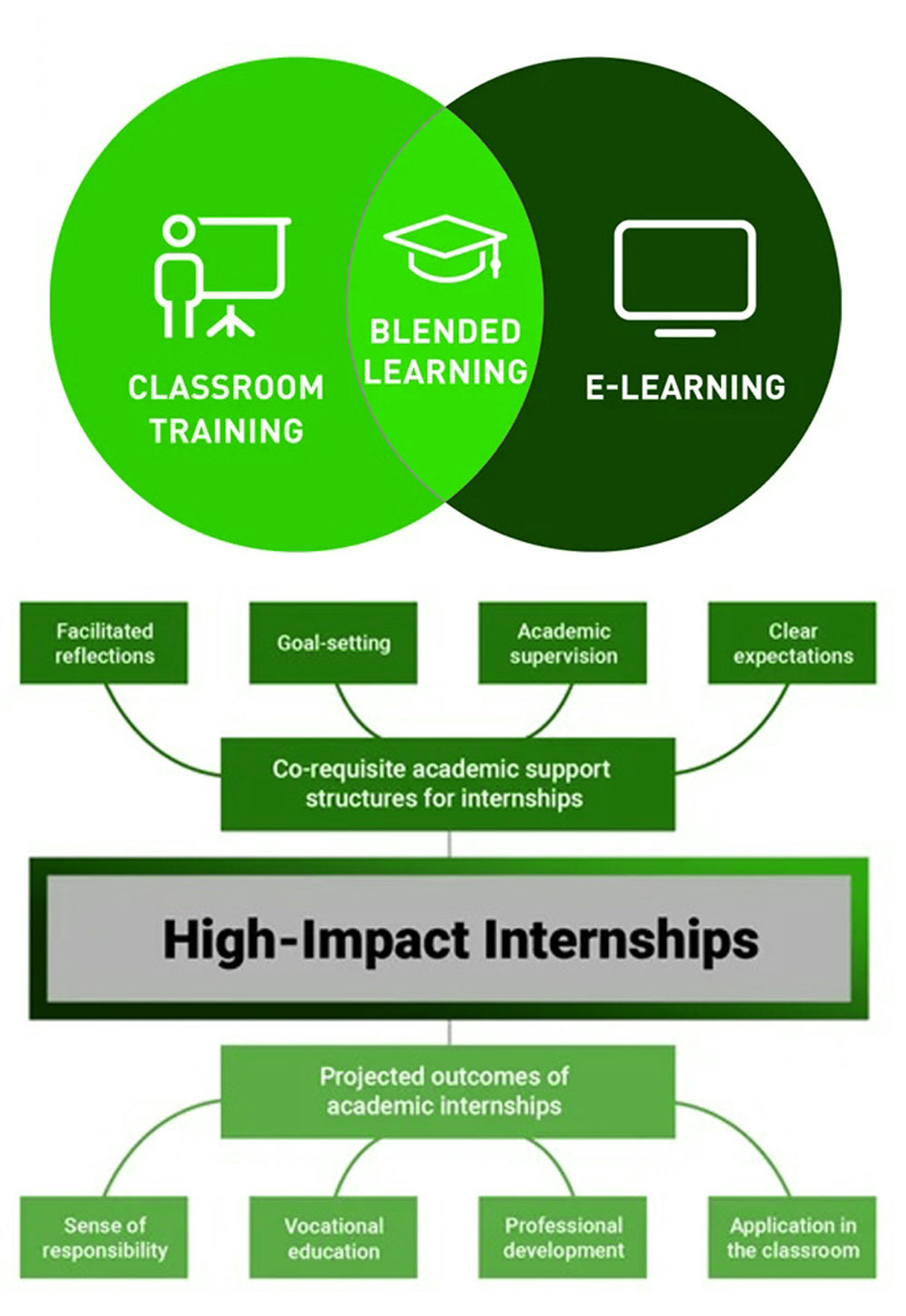
Related News
Commanding Respect, Not Fear: The Modern Leader’s Approach to Team Management
Influence, vision and the capacity to lead a group of people toward shared objectives are more important components of effective leadership than…
Read MoreRedefining Education: ANC Launches Futuristic Academic Hub in the Heart of Colombo
A Bold Leap into the Future of Higher Education April 21st, 2025 – ANC Education, Sri Lanka’s pioneering private higher education provider…
Read MoreA Vision Beyond Limits: The Inspiring Educational Journey of Deshamanya Dr. Nilu Anandappa”
Dr. Nilu Anandappa In a world where education often revolves around rigid systems and exam scores, few educators rise as true pioneers…
Read MoreCSSL Announces NITC 2025: Shaping Sri Lanka’s Digital Future with Society 5.0
The Computer Society of Sri Lanka (CSSL) proudly announced the 43rd edition of the National IT Conference (NITC) 2025, the country’s premier…
Read MoreApply Now: French Embassy Research Scholarships 2025 Open for Applications
The French Embassy in Sri Lanka and the Maldives is proud to announce the opening of its annual call for applications to…
Read MoreCourses
-

IMC – Bachelor of Psychology
IMC Education Overview IMC Campus in partnership with Lincoln University College (LUC) Malaysia offers Bachelor of Psychology Degree right here in Sri… -

ANC – BA (Hons) International Business Management (Top-Up)
ANC Education Overview Designed in partnership with public and private business organizations, this program develops one’s ability to critically evaluate business models… -

IIT – BSc (Hons) Computer Science
IIT Campus Overview BSc (Hons) Computer Science provides a solid foundation and training regarding the fundamentals of the computer science field, along… -

APIIT – BSc (Hons) Cyber Security
APIIT Sri Lanka Overview Our BSc (Hons) Cyber Security award is designed to launch your future career in the protection of software… -

ICBS – BSC (Hons) Business Management with Marketing Management
ICBS Overview The BSc (Hons) Business Management with Marketing program, awarded by Queen Margaret University (QMU), is a highly regarded degree that… -

UTS – Diploma of Science
UTS College Sri Lanka Overview The Diploma of Science is designed to empower you to apply scientific thinking and analysis to important… -

CSA – Master of Architecture and Environmental Design
City School of Architecture Overview The Master of Architecture and Environmental Design Degree at CSA is awarded by the University of the… -

APIIT – BSc (Hons) International Business Management
APIIT Sri Lanka Overview Increasingly businesses are becoming more and more international. This requires business management professionals to have knowledge, skills and… -

IIT – BSc (Hons) Artificial Intelligence And Data Science
IIT Campus Overview The BSc (Hons) Artificial Intelligence and Data Science course is awarded by Robert Gordon University (RGU) in the UK… -

ICBS – International Degree Foundation in Business / IT
ICBS Overview The Scottish Qualification Authority (SQA) is a globally recognized organization dedicated to education and qualification development. SQA is responsible for… -

APIIT – BA (Hons) Finance and Business Enterprise
APIIT Sri Lanka Overview Finance and accounting are no longer just about taxation and the management of financial capital. This award will… -

APIIT – MBA General
APIIT Sri Lanka Overview The MBA is awarded by Staffordshire University, UK. This award is an advanced course of study in management… -

ANC – LLM in International Business & Commercial Law
ANC Education Overview This course is designed for graduates of law, business and finance in a legal or a corporate job role… -

AOD – BA (Hons) Fashion Design and Marketing
Academy of Design Overview The syllabus is from the UK’s Northumbria University, as one of their most revered flagship programmes and is… -

APIIT – MSc. Marketing Management
APIIT Sri Lanka Overview This MSc Marketing Management degree – awarded by Staffordshire University, UK is an advanced course of study in…
Newswire
-

Rs. 32 billion allocated for School Meal Programme – Govt
ON: April 23, 2025 -

Uncontrollable Crowd in Kandy: Military steps in, New move from Police
ON: April 23, 2025 -

Terror attack : India’s takes action against Pakistan “Leave In 48 Hours”
ON: April 23, 2025 -

WATCH : Bizarre scenes at IPL as Ishan Kishan walks
ON: April 23, 2025


